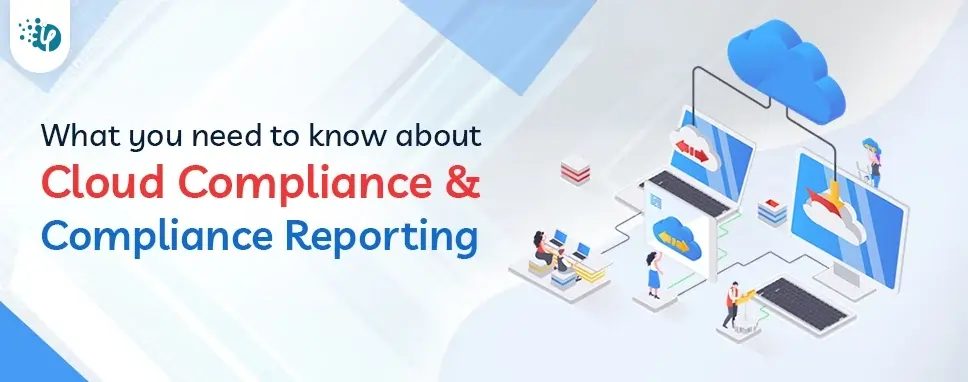Why is Compliance Reporting important?
Compliance reporting is vital for many reasons, with the main one being they are needed by regulatory obligation. For example, product manufacturers need to file reports with the relevant industry regulators to comply with product safety rules. It is a way of knowing the effectiveness of your current compliance program and determining the required actions.
A compliance report identifies areas where compliance initiatives are adhered to successfully and where you should put more effort to meet the set standards, internal controls, or regulations. If you don't generate a compliance report, your business could face serious legal problems.
Ensure your compliance report is up to date because clients may want to see it to understand your compliance procedures before doing business with you. A detailed compliance report will show your clients that your controls and operations are trustworthy.
Every organization wants to have an accurate and clear picture of how its business is performing. This is especially so when reviewing processes overseen by regulatory bodies.
For stakeholders and business owners, compliance reports help eliminate stress because they don't have to worry if their operations comply with the law. Besides, if there are any problems, the report will help identify and correct them before they become too big to handle.





















